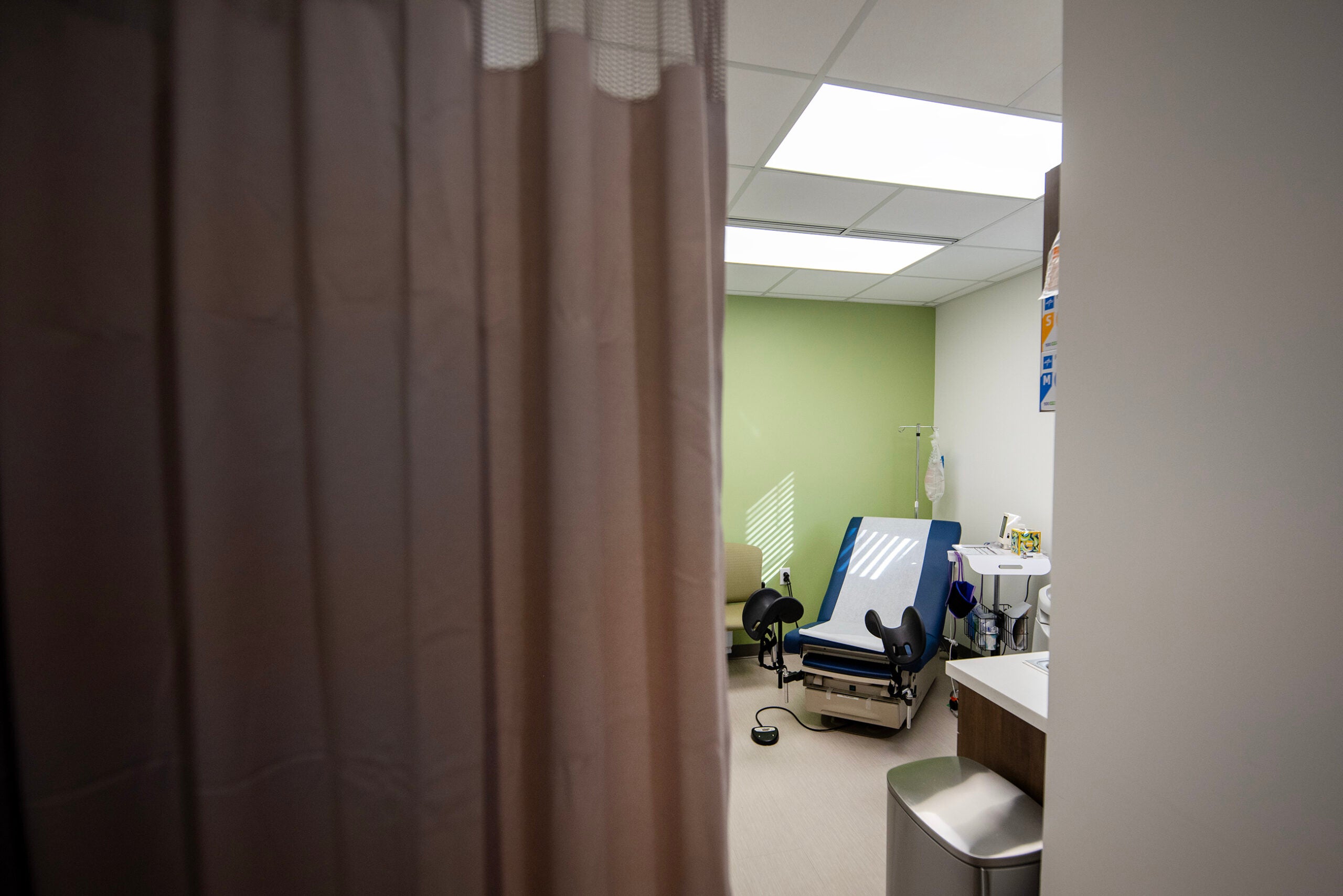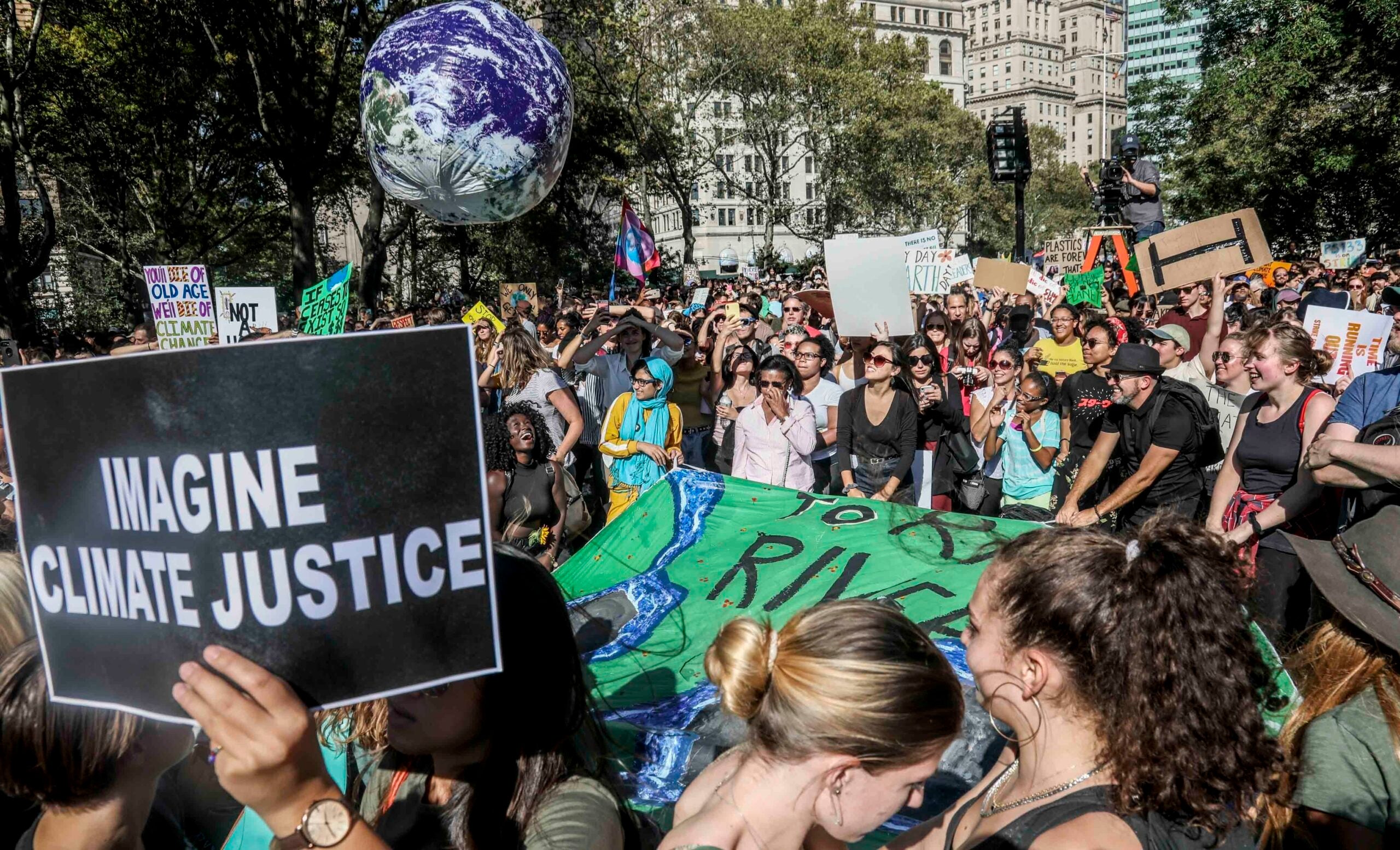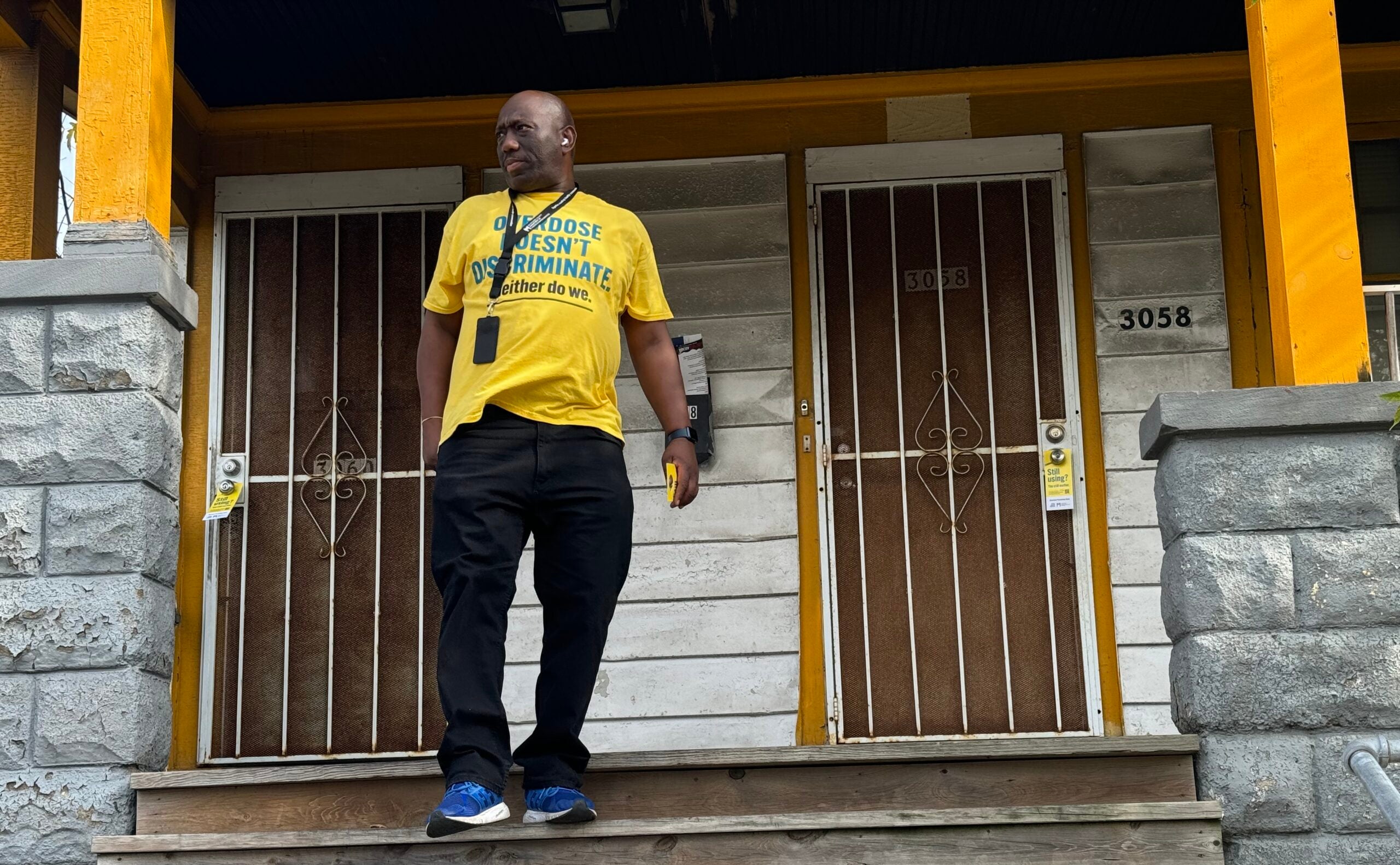After years of studying the deleterious effects of climate change on human health, a Wisconsin professor has come to view his work as less about devastation and more about hope.
“The health benefits of a low-carbon economy are so enormous.” Dr. Jonathan Patz recently told WPR’s “Wisconsin Today.”
Patz is the Vilas Distinguished Achievement Professor and the John P. Holton Endowed Chair of Health and the Environment at University of Wisconsin-Madison. He said he renamed his research group the Climate Solutions for Health Lab to cement the link between the environment and health.
News with a little more humanity
WPR’s “Wisconsin Today” newsletter keeps you connected to the state you love without feeling overwhelmed. No paywall. No agenda. No corporate filter.
Fossil fuel pollution caused more than 8 million premature deaths in 2018, research shows. Patz also noted that unhealthy diets — particularly those high in red meat, the production of which contributes significantly to global warming — and lack of exercise because of cities with poor walking and biking infrastructure contribute to many more premature deaths each year.
“Those numbers add up. You know, that’s almost a third to half of all premature deaths every year,” he said.
The United Nations’ climate conference has started to highlight the connection between human health and climate change. Last year, at COP28, an entire day was dedicated to health for the first time ever. In advance of COP29, the World Health Organization put out a video declaring that “health is the argument for climate action” and that “the climate crisis is a health crisis.”
Policies that address global warming also address our health, Patz said. He gave the examples of incorporating more green spaces into cities, making cities more walkable and bikeable, reducing consumption of meat, boosting the use of renewables and more.
“The climate discourse needs to recognize the centrality of health, and health should not be politicized. It is absolutely about our health today and the health of future generations,” Patz said.





